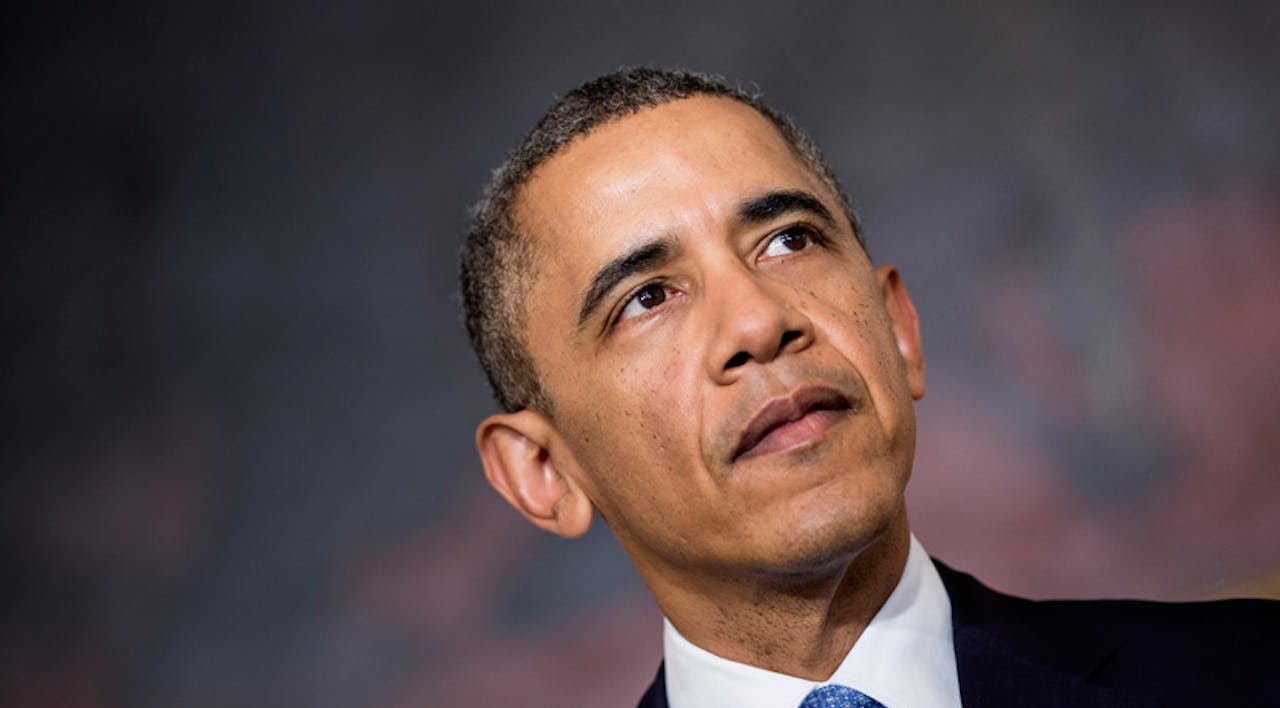
February 2015
Obama’s Secret Iran Strategy
The president has long been criticized for his lack of strategic vision. But what if a strategy, centered on Iran, has been in place from the start and consistently followed to this day?
President Barack Obama wishes the Islamic Republic of Iran every success. Its leaders, he explained in a recent interview, stand at a crossroads. They can choose to press ahead with their nuclear program, thereby continuing to flout the will of the international community and further isolate their country; or they can accept limitations on their nuclear ambitions and enter an era of harmonious relations with the rest of the world. “They have a path to break through that isolation and they should seize it,” the president urged—because “if they do, there’s incredible talent and resources and sophistication . . . inside of Iran, and it would be a very successful regional power.”
How eager is the president to see Iran break through its isolation and become a very successful regional power? Very eager. A year ago, Benjamin Rhodes, deputy national-security adviser for strategic communication and a key member of the president’s inner circle, shared some good news with a friendly group of Democratic-party activists. The November 2013 nuclear agreement between Tehran and the “P5+1”—the five permanent members of the UN Security Council plus Germany—represented, he said, not only “the best opportunity we’ve had to resolve the Iranian [nuclear] issue,” but “probably the biggest thing President Obama will do in his second term on foreign policy.” For the administration, Rhodes emphasized, “this is healthcare . . . , just to put it in context.” Unaware that he was being recorded, he then confided to his guests that Obama was planning to keep Congress in the dark and out of the picture: “We’re already kind of thinking through, how do we structure a deal so we don’t necessarily require legislative action right away.”
Why the need to bypass Congress? Rhodes had little need to elaborate. As the president himself once noted balefully, “[T]here is hostility and suspicion toward Iran, not just among members of Congress but the American people”—and besides, “members of Congress are very attentive to what Israel says on its security issues.” And that “hostility and suspicion” still persist, prompting the president in his latest State of the Union address to repeat his oft-stated warning that he will veto “any new sanctions bill that threatens to undo [the] progress” made so far toward a “comprehensive agreement” with the Islamic Republic.
Responses to February ’s Essay
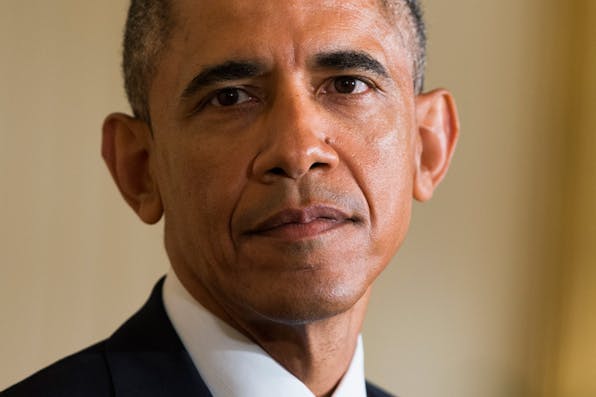
February 2015
What the President Thinks He’s Doing
By Elliott Abrams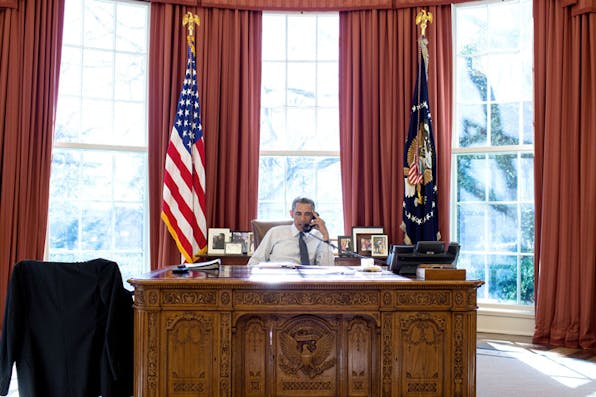
February 2015
The Obama Doctrine
By Eric Edelman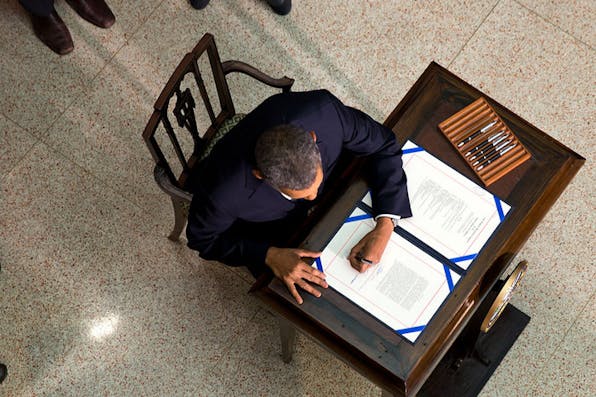
February 2015
What They’re Saying about “Obama’s Secret Iran Strategy”
By The Editors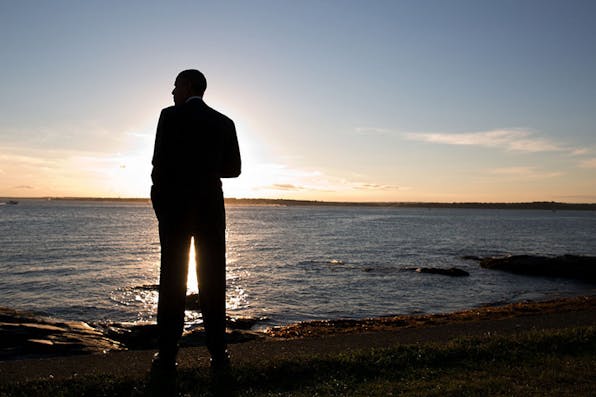
February 2015
The Reform Delusion
By Reuel Marc Gerecht
February 2015
No Policy Like an Iran Policy
By Michael Doran